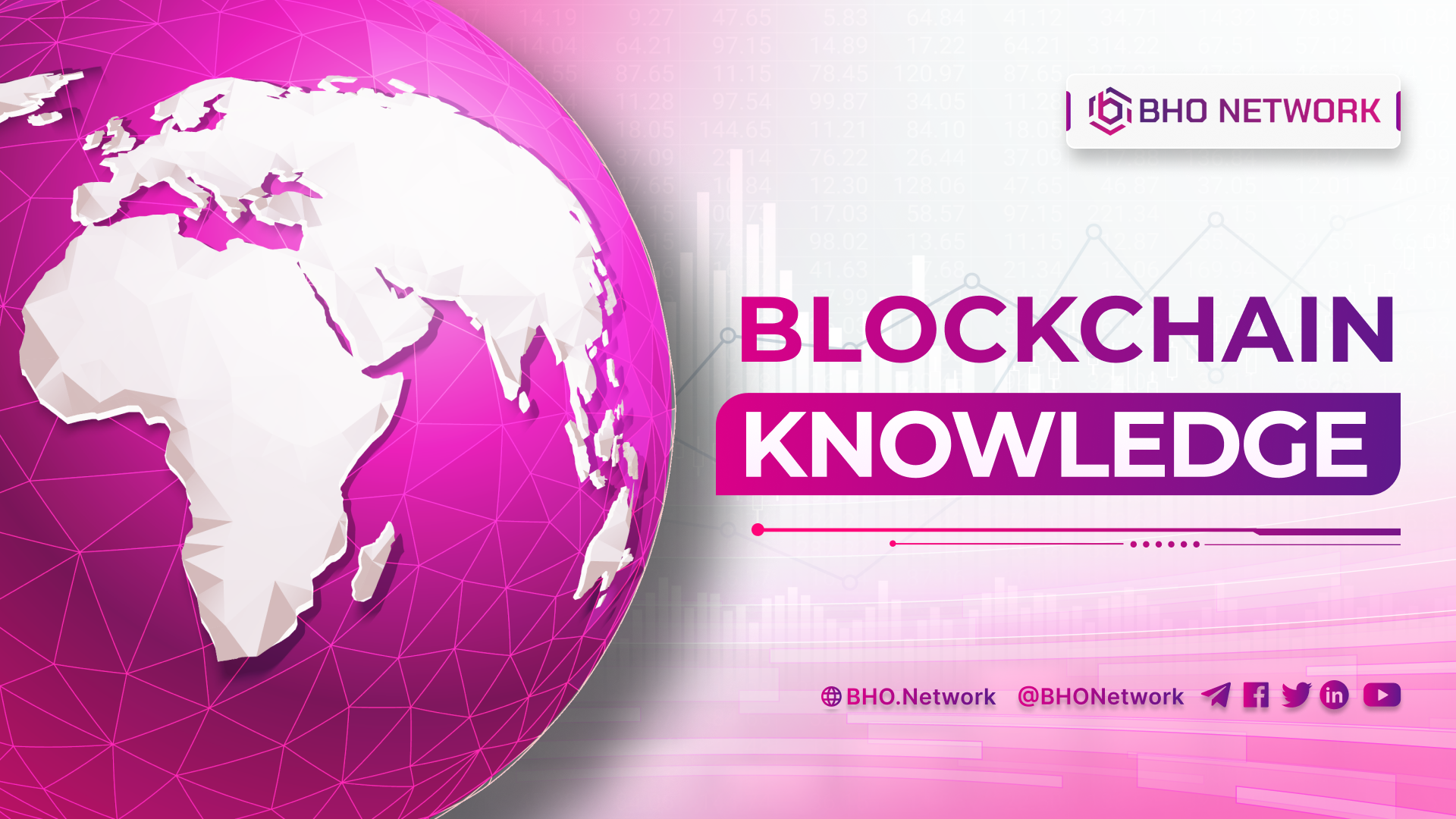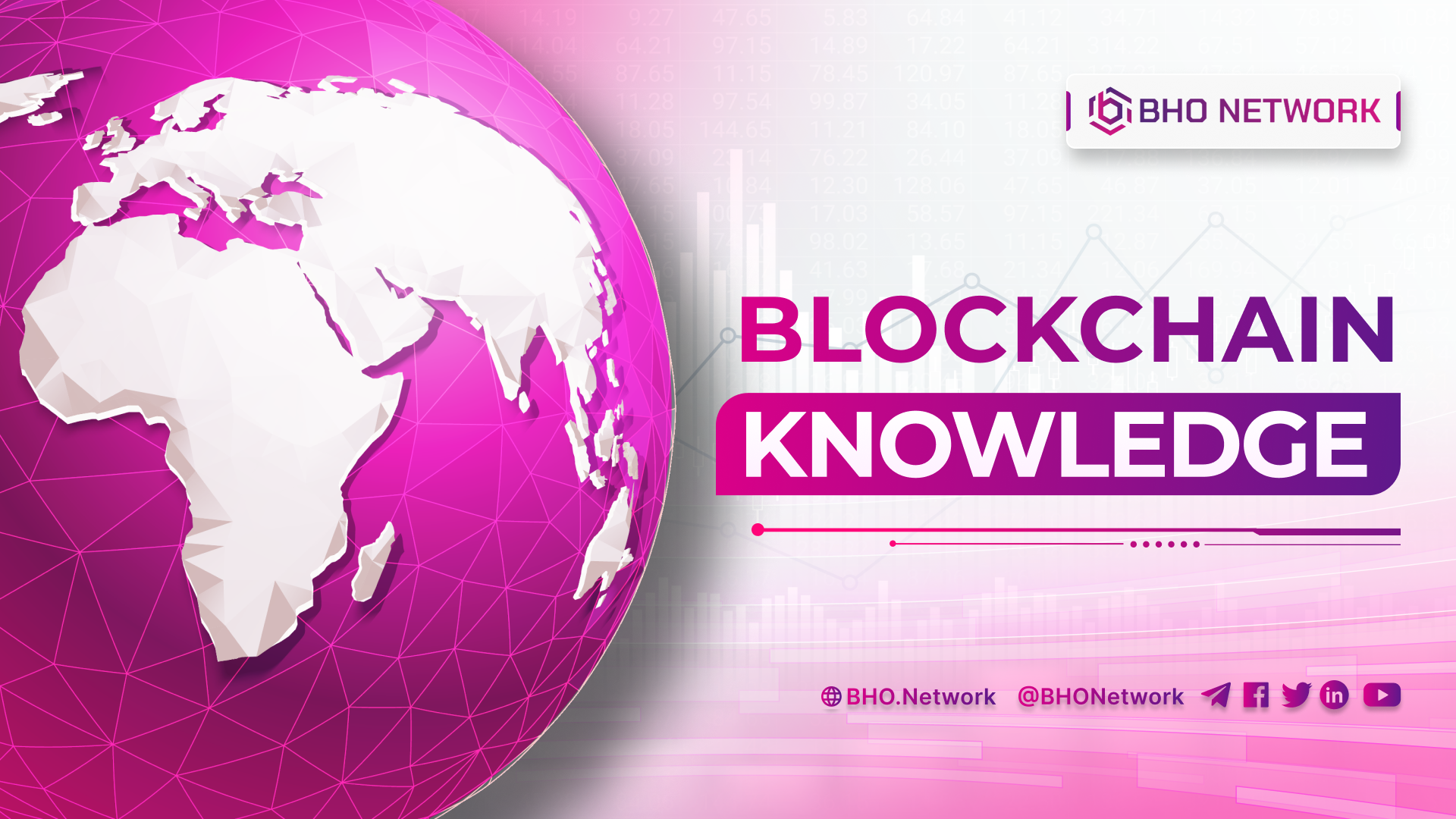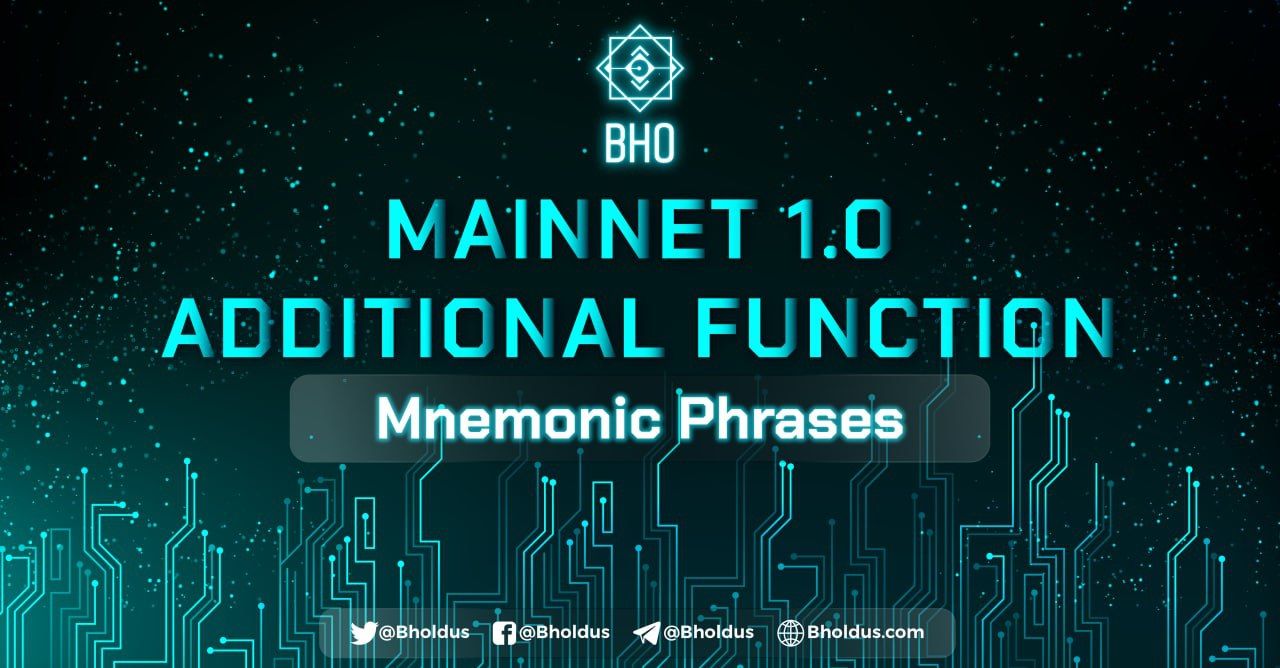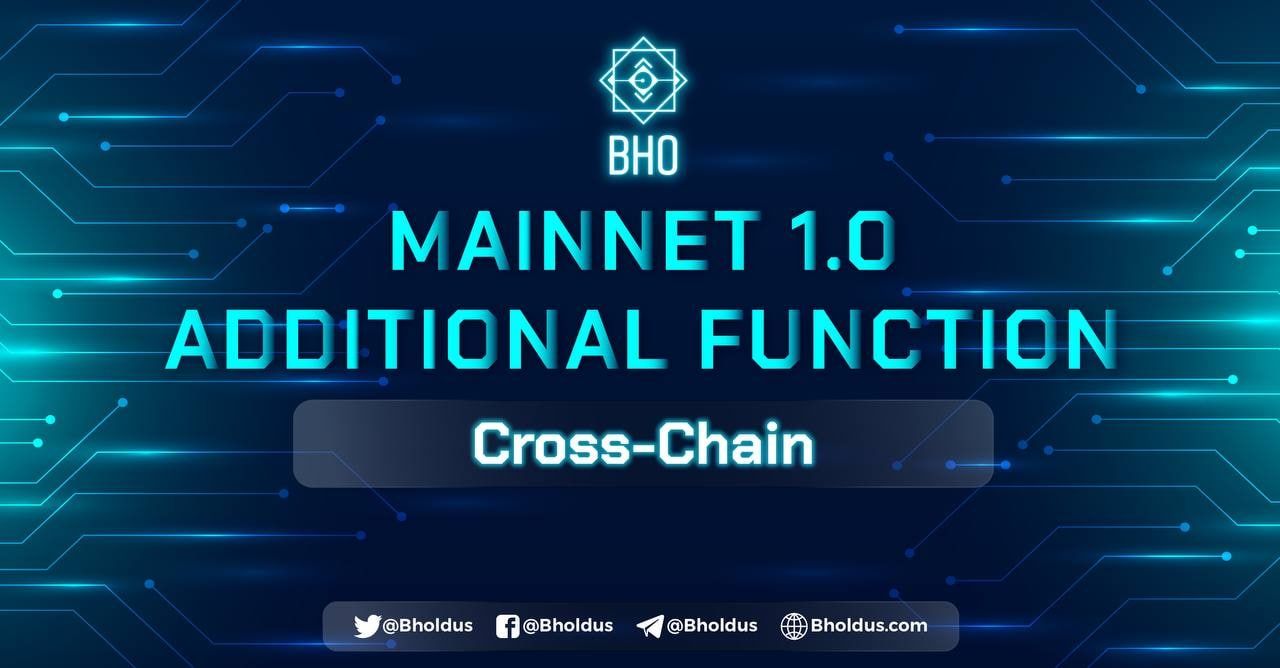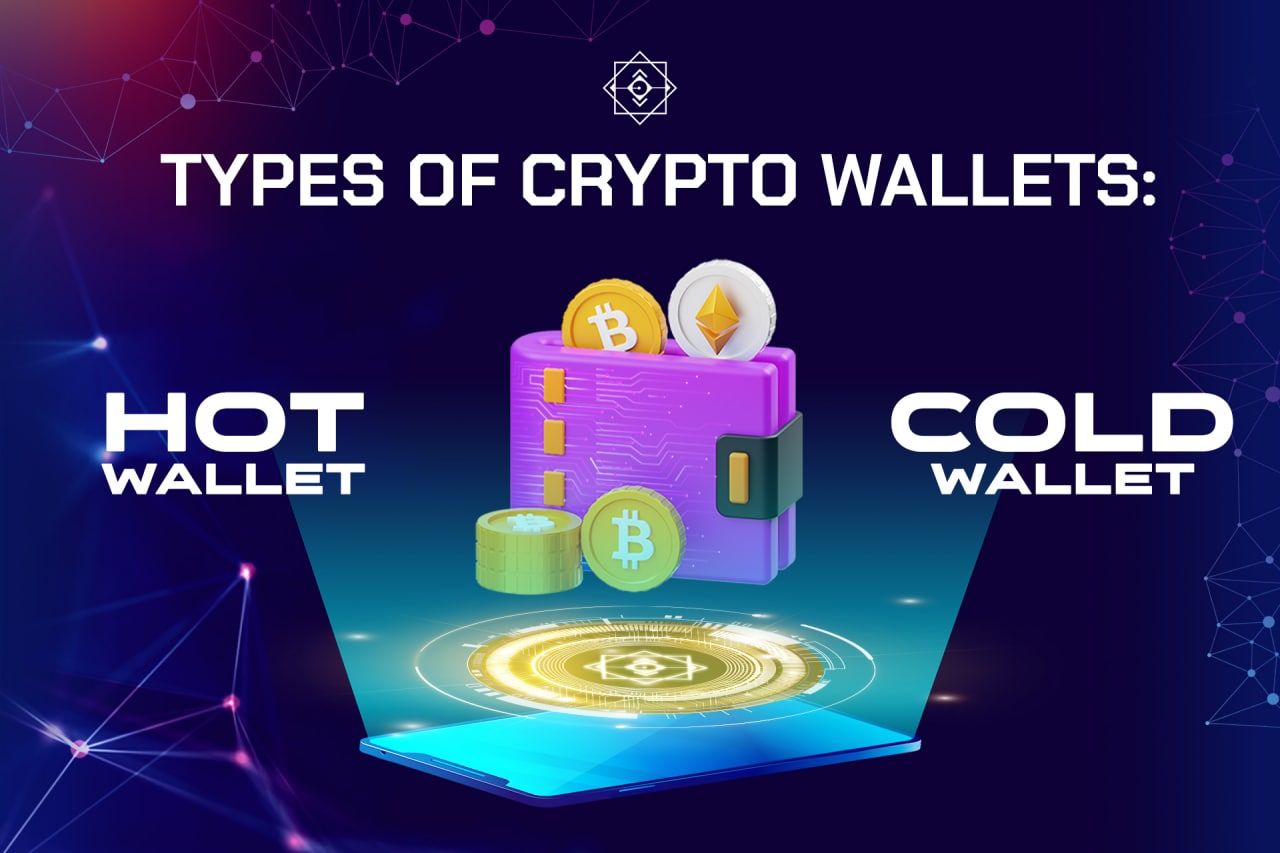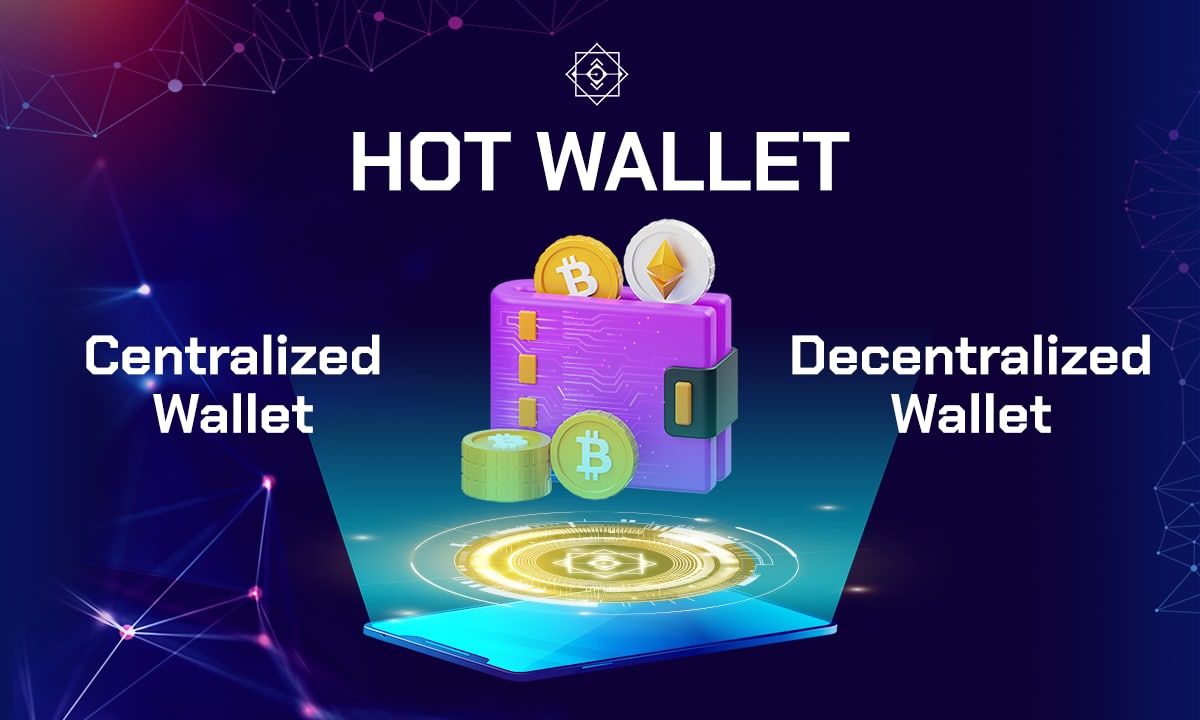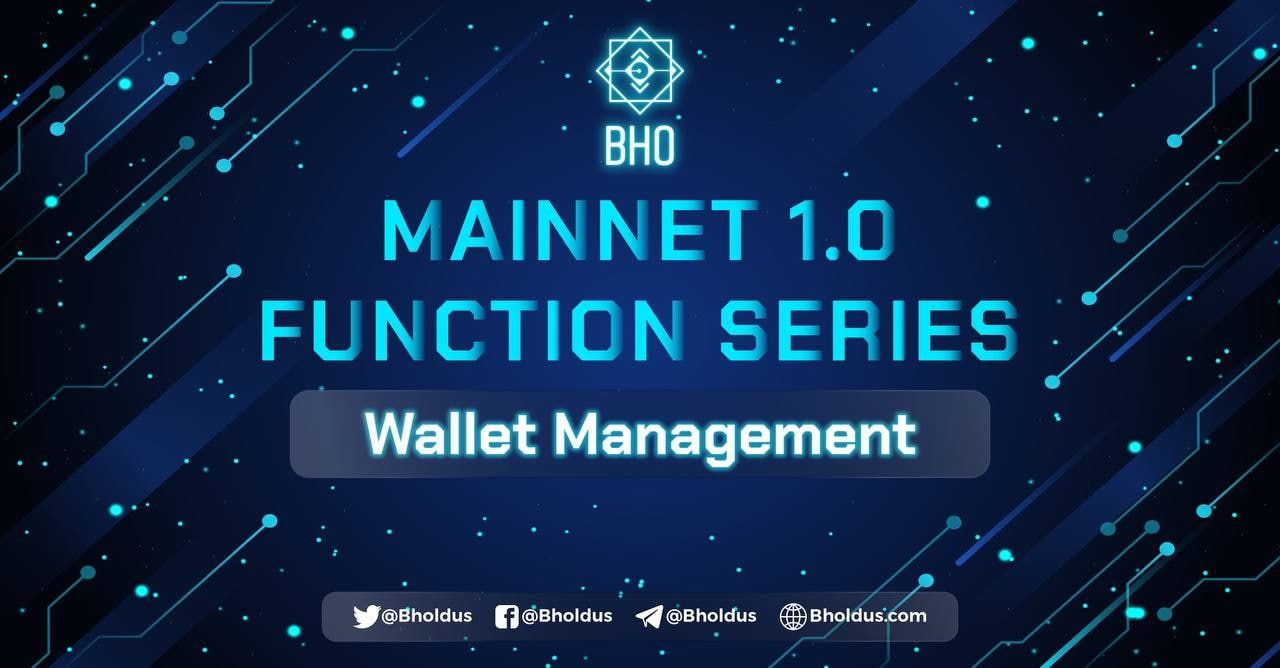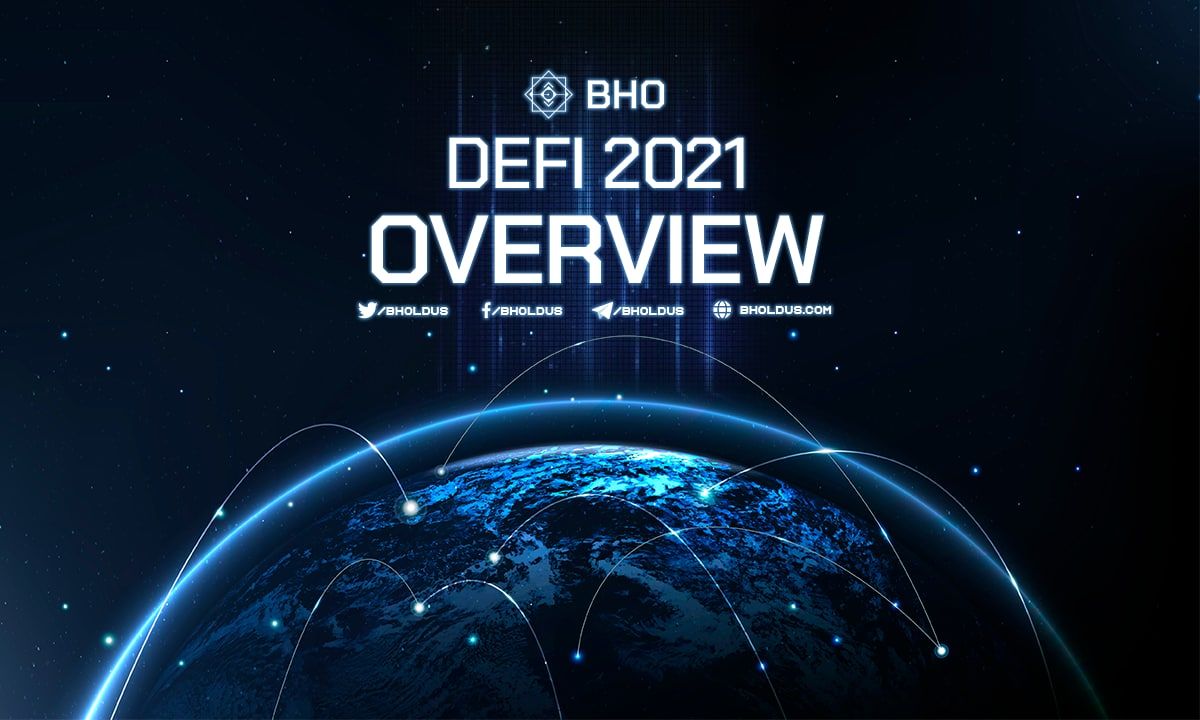- Blog
- Crypto News
- What is a DEX? Learn more about Decentralized Exchange (DEX)
What is a DEX? Learn more about Decentralized Exchange (DEX)
- What is DEX?
- How does DEX work?
- Pros and Cons of decentralized exchange (DEX)
- Pros
- Cons
- Some of the most popular exchanges (DEX) today
- Uniswap
- PancakeSwap
- 1inch
- Summary
In this article, BHO Network will introduce in detail about decentralized exchange (DEX), including: how it works, the pros, cons, and popular decentralized exchanges today.
What is DEX?
DEX stands for Decentralized Exchange. This type of exchange is built and operates on the blockchain technology platform, allowing peer-to-peer coin/token trading right on the blockchain network without going through any intermediary organizations or agencies. Therefore, users can control their money and trading activities proactively.
How does DEX work?
Trading activities: Users who want to trade coins/tokens on a DEX need to have an e-wallet and hold a private key to connect to the exchange.
- The most popular decentralized exchanges (DEXs) today are usually AMM (Automated Market Makers) DEXs. This is a tool that provides automated liquidity to exchanges. Here the transaction will take place through the pooling of liquidity into smart contracts. Projects need to provide their coin/token pairs to create a liquidity pool. In addition, DEX exchanges also incentivize users to add liquidity by depositing coin/token pairs that match the exchange's liquidity pool.
- When users make trades, an AMM DEX will automatically match orders based on the available liquidity pool. However, if the liquidity pool is not fully funded, it will lead to very high price slippage. Therefore, when trading on a DEX, you need to pay attention to liquidity and slippage rate before deciding to make a trade.
Transaction fee: The transaction fee of DEXs usually depends on the coin/token price of each ecosystem at the time of transaction. The Ethereum network currently has the most expensive transaction fees compared to other blockchains. The average transaction fee on the ETH network is 3$-5$, but there are times when the transaction fee rises up to 30$-40$ (due to the high price of ETH coupled with a sudden surge in the number of transactions, which cause transaction fees to increase). Networks other than Ethereum like BNB, Polygon or Solana… have much cheaper fees, most of them are less than 0.1$.
Trading regulations: Trading on DEX does not require users to perform identity verification (KYC - Know Your Customer) or anti-money laundering (AML).
Asset control: DEXs do not store users' assets, so it is relatively safe to trade. You have full control and management of your coins/tokens. However, in case someone knows your wallet's private key, your assets will not be safe anymore.
Pros and Cons of decentralized exchange (DEX)
Pros
- Privacy: When trading at a DEX, you will not need to provide information for identity verification (KYC). All transactions are anonymous, and identified based on the e-wallet address.
- Transparency: Transactions are instantly recorded on the blockchain, which you can easily look up. Besides, you can also check on-chain for buying and selling information of wallets from “sharks” and project holding wallets for reference when making investment decisions.
- Investment opportunities: Due to not being too tightly controlled, DEXs also own more coins/tokens that have not been listed on centralized exchanges. This also helps increase investment opportunities when buying low-priced tokens at DEX exchanges, then when this token is listed on centralized exchanges (CEX), it may be sold at a higher price.
- Control: DEX is only an intermediary trading platform, so it does not hold users' coin/token assets. You will have control and management of your assets without depending on any middlemen.
Cons
- Liquidity: Currently, the trading volume on DEXs is still much smaller than that of CEXs. The main reason is that the centralized exchanges have higher liquidity. Liquidity is a measure of how easy it is to buy and sell an asset at a fair price. Therefore in illiquid markets, your trades may not be executed quickly. Moreover, DEXs mostly depend on projects that add liquidity groups or users to provide liquidity, so most will not have an abundant liquidity source like CEXs.
- Transaction fees: High gas fees when the network is overloaded also makes users nervous when trading on DEXs. In addition to gas fees, users also need to pay attention to the issue of price slippage. In some cases of poor liquidity and fast price fluctuations, trading users will have to increase the slip rate to 10, or even 20%, to hope their trades will be executed.
- User Interface: DEX requires users to have more specialized knowledge when trading than on the CEX.
- Potential for hackers: Hackers take advantage of sending you some fake tokens. If you add those fake tokens to your wallet and accept transactions on certain DEXs, there is a possibility that hackers can break into your wallet and take all your assets. Therefore, it is very necessary to check the contract carefully before adding it to the e-wallet before executing any swap orders.
Some of the most popular exchanges (DEX) today
In today's crypto market, most ecosystems (private blockchains) have AMM DEXs. This is where the liquidity is generated and the first flow of money on the ecosystem is generated. BHO Network will introduce you to some of the popular exchanges today.
Uniswap
Uniswap is an AMM DEX built on the Ethereum blockchain network in 2018. With the Uniswap exchange, users can make any transactions with ERC-20 tokens. Currently, Uniswap is on the V3 version to better support users. Uniswap is one of the most popular DEXs, and has the largest trading volume among the DEXs today.
At the time of writing, Uniswap's 24-hour trading volume is over $1 billion. There are 445 coins/tokens and 812 trading pairs available on the exchange.
PancakeSwap
PancakeSwap is the first AMM DEX of the BNB Chain (formerly Binance Smart Chain) blockchain network. PancakeSwap was built in September 2020.
Originally PancakeSwap was a fork of Uniswap. However, with the strong development of the BNB Chain ecosystem, PancakeSwap has also become more popular and is among the top 3 DEXs with the best liquidity today. Besides, thanks to the operation on the BNB chain (BSC), PancakeSwap has cheaper transaction fees and faster transaction processing speed than Uniswap.
At the time of writing, the 24-hour trading volume on PancakeSwap is over $100 million. There are 3582 coins/tokens and 4103 trading pairs available on the exchange.
1inch
1inch is a DEX Aggregator Protocol built with a smart routing solution - Pathfinder. Therefore, 1inch allows users to trade tokens with the best price in the market with the lowest slippage. Currently, 1inch works on many blockchains (multi-chain) such as Ethereum, Polygon, BNB Chain (BSC). At 1inch, users can trade with any ERC-20 token. Recently 1inch also added CHI token to help reduce the maximum transaction fee for users.
At the time of writing, 1inch has a 24-hour trading volume of over $300k. There are 23 coins/tokens and 23 trading pairs available on the exchange.
Summary
Currently, decentralized exchanges (DEXs) are working to improve user experience and build more use cases. CZ (founder of Binance) also thinks that in the future, DEXs will dominate the market of centralized exchanges (CEXs). In the long run, DEXs seem to be more in line with the potential of Web3, with the ideal of users not needing to trust third parties, and everything on the Internet will be completely decentralized. However, at the present time, if you are a newbie, you need to learn some more specialized knowledge to be able to use DEXs more easily.
Those are some basic information about decentralized exchange (DEX) that BHO Network wants to provide. Hopefully, through this article, it will help you better understand DEX, so that you will be able to choose reputable DEXs to trade and protect your assets.
Published on August 25, 2022
Tagged topics
